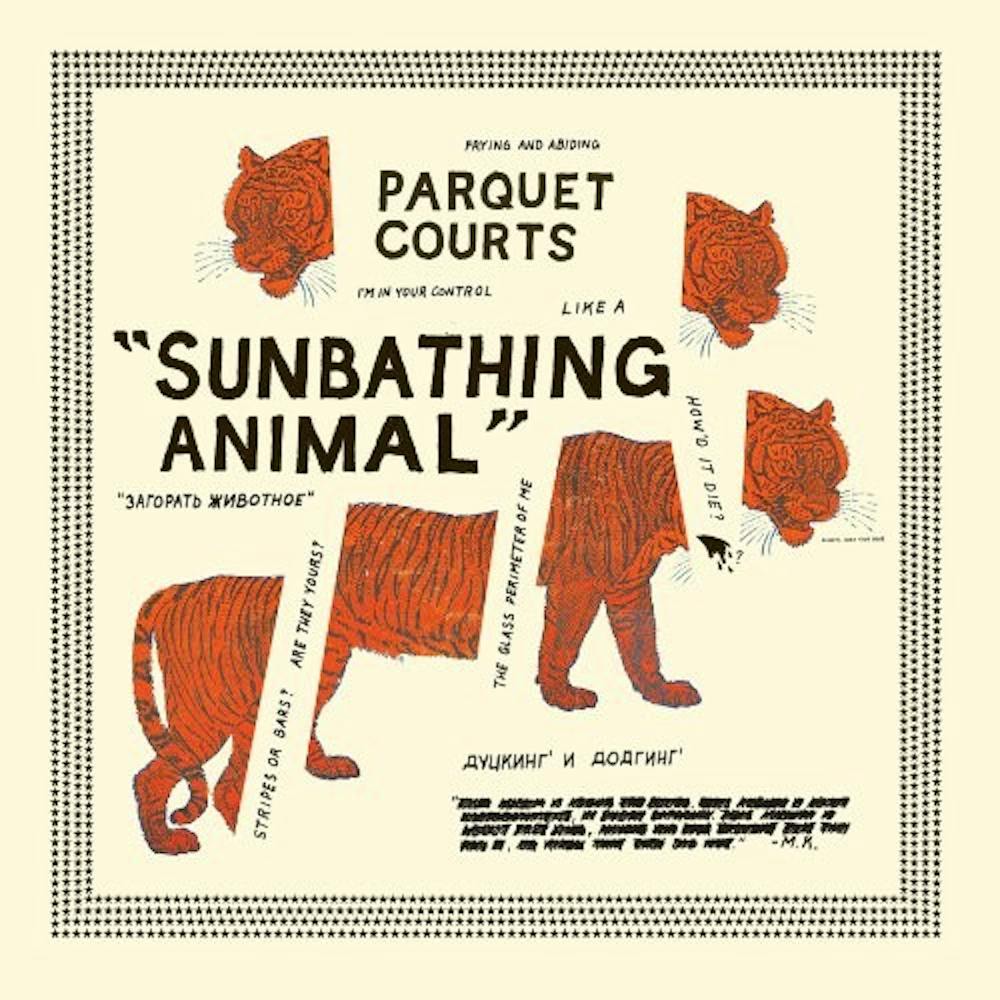With the resurgence of surf rock with the success of Wavves and Ty Segall, and the undeniable indie-synth golden age with groups like Washed Out, the general cultural trend nods toward reverb as the answer to the 2010s identity crisis. Reverb is responsible for those space-y, echoed elements of music that dulls the sharp delivery of notes.
It is an aesthetic choice that subtracts from direct, lyrical emotion and relies more heavily on atmospheric crescendos to deliver messages.
“We’re an anti-reverb band,” said Parquet Courts front man Andrew Savage in the Pitchfork feature “Texas Never Whispers: Two Days on Tour with Parquet Courts.”
Albeit blunt, Savage’s comment begs an interesting question in music aesthetic: How much does the use of reverb affect a band's messaging?
Parquet Courts, a band known for dedication to sincerity and honesty, sees this trend in contemporary indie genres to be a negative thing — an attempt to dilute the emotional messaging of the music.
In a way, the use of reverb makes complete sense for our time. Understanding this generation’s identity is going to be defined by the Internet’s creation of “weird Twitter” and an onslaught of click-bait articles — the willingness for introspection is limited. Most media from the past half decade points toward a similar theme: post-ironic acceptance of life’s hardest questions.
Although somewhat abstract, post-irony is something of a cultural coping mechanism, where one would use the usual, cynically ironic discourse to convey a sincere feeling.
But is it justified?
In general, forms of ironic discourse lend themselves to more caustic, cynical worldviews and forms of communication. In some cases, it’s necessary. Rapper and self-proclaimed, but publicly affirmed, Based God, Lil B, has proven this to be true, with his ability to deliver positive messages through ostensibly low-brow music.
More often than not, however, it's not the reality for reverb to be used post-ironically in such an effective fashion.
The necessity for masked emotions goes in waves throughout cultural history. The ebb and flow of the societal demand determines the need for it to be reflected in art, but I’m not so sure that demand is sustainable through the rest of the decade.
In the article, Savage discusses his admiration for paintings and compositions that served a "rebellious" ideal. He goes on to say, “These were guys with manifestos.” In a sense, Savage is crediting these artists for their sense of purpose — their drive — to unabashedly commit to their art. Essentially, Savage is claiming that indie rock is under a reverb-induced spell, and he is on the forefront of the awakening.
For the sake of progress, then, I find myself siding with Savage and Parquet Courts.
After years of aesthetically pleasing riffs being attributed to nostalgia, I think it is time that bands grab the industry by the horns and make it their own. Slim the production down, whether it is low or high fidelity, and stare the listener in the face with simple, direct lyricism and music that approaches the listener directly and honestly.
Reach the reporter at zjenning@asu.edu or follow him on Twitter @humanzane
Like The State Press on Facebook and follow @statepress on Twitter.





